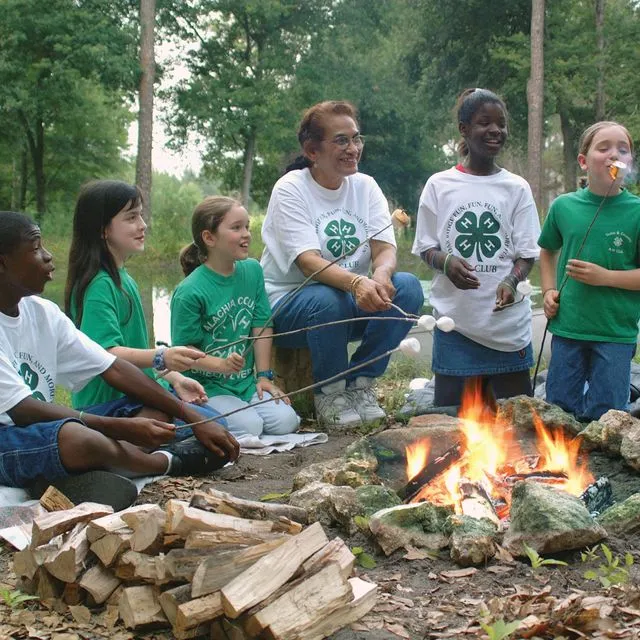Available Languages:
English
Today’s youth are tomorrow’s citizens, consumers, parents, and leaders. Florida Cooperative Extension’s 4-H Youth Development Program offers age-appropriate, learn-by- doing educational opportunities that complement K–12 education to develop knowledge, life skills, and leadership abilities in Florida’s youth. These qualities empower youth to positively influence their communities and become contributing members of society.

